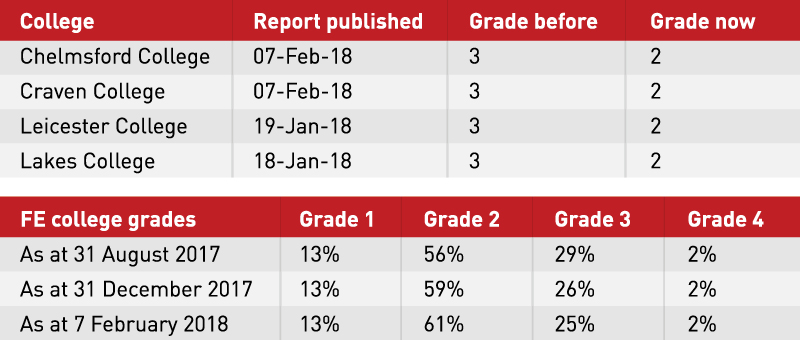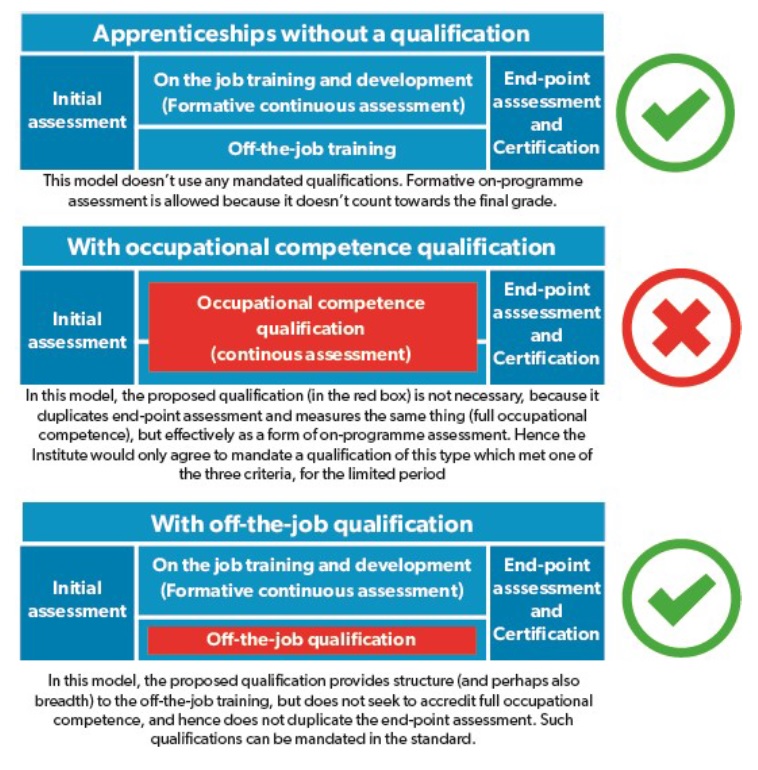Seventy learners descended on a local hotel for a week in City College Plymouth’s largest-ever work placement initiative, reports Samantha King.
Students from across the college’s catering, marketing, hospitality, business and travel and tourism courses were let loose in Plymouth’s Duke of Cornwall Hotel to gain experience in a multitude of hotel disciplines.

Ahead of the placement, dubbed “City College @ The Duke”, learners were briefed about what would be expected of them – and the college even implemented a social media policy for the participants to avoid causing the hotel any reputational damage.
“The biggest thing we had to be aware of was remembering that this was an operating business. We had to be very, very careful around the reputational damage that potentially could have been caused by putting in a whole load of students into a hotel,” explained Mike Jones, the college’s employability and enterprise manager. “We spent a lot of time making sure the students were prepped.”
Students were placed across the hotel reception, events and marketing, and catering departments, with ESOL students taking up roles as housekeepers across the hotel’s 72 rooms.

“ESOL students are an area of learners that struggle to get work experience. It was good for them to get exposure to a working environment which also helped them develop their language skills as well as practical work skills,” Mr Jones added.
Following the placement, one student has been offered a part-time role in the hotel kitchen, and 17-year-old travel and tourism student Evie Mills has been kept on for an extended work placement following her work in the marketing and events team.
“People asked me if I was nervous but, honestly, I had total confidence in the calibre of students that the college can produce,” said Jonathan Morcom, the hotel’s director, who is also a former City College Plymouth student.





